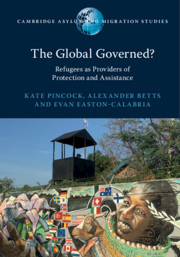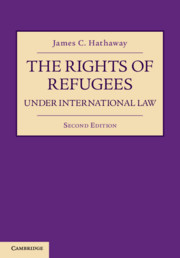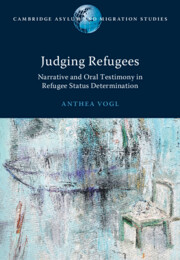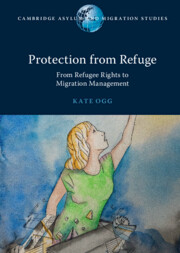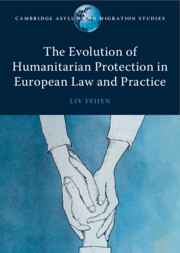The Global Governed?
When refugees flee war and persecution, protection and assistance are usually provided by United Nations organisations and their NGO implementing partners. In camps and cities, the dominant humanitarian model remains premised upon a provider-beneficiary relationship. In parallel to this model, however, is a largely neglected story: refugees themselves frequently mobilise to create organisations or networks as alternative providers of social protection. Based on fieldwork in refugee camps and cities in Uganda and Kenya, this book examines how refugee-led organisations emerge, the forms they take, and their interactions with international institutions. Developing an original theoretical framework based on the concept of 'the global governed', the book shows how power and hierarchy mediate the seemingly benign notion of protection. Drawing upon ideas from anthropology and international relations, it offers an alternative vision for more participatory global governance, of relevance to other policy-fields including development, humanitarianism, health, peacekeeping, and child protection.
- In-depth case studies based on fieldwork in refugee camps and cities in Africa
- Clear policy recommendations on creating more participatory forms of global governance
- Provides insights into other areas of global governance characterised by provider/beneficiary relationships such as humanitarianism, development, health, child protection, and peacekeeping
Reviews & endorsements
‘The Global Governed? is a detailed examination of the (underappreciated) role of refugee-led organisations at the local level. Theoretically grounded and empirically rich, the book portrays a wide range of social protection activities undertaken by refugees for refugees. Adopting a bottom-up approach, it shows both the possibility of, and barriers to, participation of refugees in global governance.' T. Alexander Aleinikoff, Professor at the New School, New York, Director of the Zolberg Institute on Migration and Mobility
‘The Global Governed? draws on the best tradition of Oxford University's Refugee Studies Centre and its founder, Barbara Harrell-Bond, by starting from the premise that refugees, no matter how destitute and vulnerable, are always actively trying to help themselves. They do not sit back and wait for assistance or for someone else to protect them, but work together to get what they need. By focusing on refugee community organisations, the authors shine a light into the relationships of power that often work against such self-help. They recognise the complexity of different forms of refugee community organising. This book provides a welcome contribution to understanding the political economy of refugee contexts, but is also relevant to policymakers and aid providers seeking to support refugee populations and to localise approaches to humanitarian and development assistance.' Laura Hammond, Professor in the Department of Development Studies, SOAS University of London
‘Pincock, Betts, and Easton-Calabria (all, Univ. of Oxford, UK) have combined their expertise and fieldwork to produce this excellent comparison of four major refugee sites in East Africa-Kampala and Nakivale in Uganda, and Nairobi and Kakuma in Kenya … Because of the tight four-site comparison, this would be an excellent text for discussion in upper-level undergraduate and graduate courses on refugees, or on humanitarian action in general.’ D. W. Haines, Choice
Product details
March 2020Adobe eBook Reader
9781108849579
0 pages
9 b/w illus. 2 tables
This ISBN is for an eBook version which is distributed on our behalf by a third party.
Table of Contents
- 1. Introduction
- 2. Theoretical framework
- 3. Kampala
- 4. Nakivale
- 5. Nairobi
- 6. Kakuma
- Conclusion.

